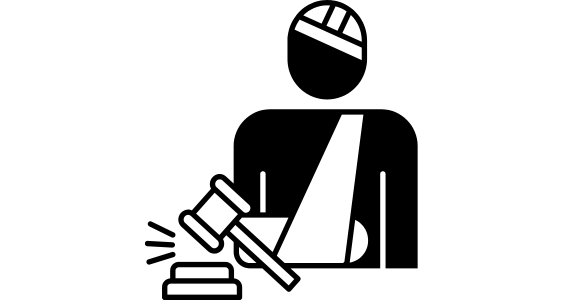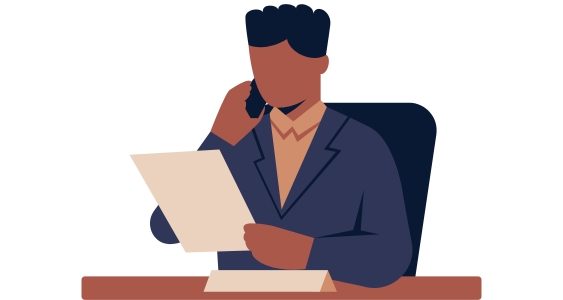Tips for Using Social Media During a Personal Injury Case
Social media is a powerful tool anyone can use to tell the world who they are, what they want, their achievements, dreams, aspirations, and virtually anything. According to Statista, a global data and business intelligence platform, there are 5.3 billion internet users and 4.95 billion social media users worldwide as of October 2023.
Information about a specific user can be easily accessed by anyone using the search tab on each platform if their profile is open for the world to see. Users are vulnerable to hacking, scams, identity theft, and fraud. Setting your social media account to “private” would be the safest move for anyone on any platform to protect themselves from the internet and social media predators.
This is where a personal injury case connects to social media. Let’s say you or a friend accidentally posted an “Instagrammable” photo or a video of yourself on a vacation, at the beach, in the mountains, or at a party having fun after filing a personal injury case, and the opposing party saw the photos and videos on social media. How would the case go?
It may probably be the end of the case. In such situations, it’d be wise to get in touch with a personal injury lawyer to sort things out and know what to do.
Protect Your Personal Injury Case: Social Media Strategies

Here are some tips for using social media to make sure that an ongoing personal injury case progresses smoothly.
Set Your Privacy Settings
Make sure that your social media account is set to private in your account settings. This way, photos, videos, your profile information, and even your list of friends are hidden from unwanted social media spies.
Limit Social Media Activity
An insurance claim and social media failure happened and was published in a news article saying a claimant posted photos of him very healthy and even joining sports competitions months after filing an insurance claim for an accident that caused neck and back pain.
Limiting your presence on social media during a personal injury case is a good way of preventing accidental sharing of photos and activities, or better, temporarily disable your account until the case is closed.
This way, other opposing parties in the case would have no leverage to use your social media account to win. Posting a picture of you enjoying your vacation by playing beach volleyball after sustaining a traumatic brain injury will not help your case.
Talk To Your Lawyer
A discussion with your attorney would help you decide the things needed to win your case. Ask your lawyer about the steps to take during the case. Lawyers are expert sources for legal matters and information regarding the law.

They can direct you and guide you on ways to protect you from social media, your name, your rights, and your well-being, eventually winning your case.
Think Before You Click
Many social media users are click-happy. They tend to click, post, share, and like faster than a speeding bullet. With an ongoing trial, these habits on social media should be avoided, as they may be used against your case.
Inform Close Family And Friends
You may not be the one posting or sharing your life on social media, but friends and family will likely be the ones who will cause a disruption or fall of your case.
Make sure to let them know that you are in the middle of a case and would like to be private for a while.
Conclusion
Social media can have a huge impact on the course of a personal injury case. Anything that is on your profile or your feed can or will be used against you in a court of law.
The power of social media can turn things around for an individual involved in a personal injury claim.
See Also: Insurance Company Negotiations In Personal Injury Cases – The Role Of Skilled Attorneys










